Government of Nepal declared a nationwide lockdown on March 2, 2020 which suspended all the non-essential activities and services with some exception for list of essentials services to operate and one of them was legal services.
Courts have been seen as indispensable public services more than ever in all countries during crisis and in Nepal as well as in the past during earthquake and now at present during lockdown to fight. The essence of judiciary becomes more significant especially when lack of proactiveness, opacity and lack of access are characteristics of executive action in a country.
Enthusiastic assistance and cooperation form respective bars are needed for courts to improvise and adopt admirably regardless of the omission. Supreme courts and other high courts in India and in other countries have demonstrated that efficiency in current lockdown by using video conferences and e-filings. This efficient proactiveness has not only shown the efficiency but also addressed the matters of “extreme urgency” to avoid situation of justice delayed is justice unserved. Hence, in Nepal also during the lockdown the proactiveness of judiciary counts for following many reasons.
First, executive role has shown delayed reactive leadership. Even when many countries were already severely affected with Covid 19 and many people were dying around the world and despite many civil society members outcry Nepalese government was complacent enough to treating the threat as distant. The government of Nepal was overtaken by local jokes about supposed immunity of Nepali which was shown by declaration of Nepal as “Corona free zone”. On 2nd March, Supreme court of Nepal issued an interim order response to public interest litigation to suspend flights from affected countries in. This was a far sighted order and the order made government to become more serious to curtail the considered potential cause of first stage transmission of Covid 19. Government followed the interim order by some effective decision to issue travel advisory against non -essential travels to and from affected countries.
Second reason is courts as a watchman of executive action to prevent its dictatorial tendencies. Some tentacles of government may fall prey to dictatorial behaviors without the fear of supervision especially the police force. Some viral videos and images of initial incidents of police officer using humiliations on violators of lockdown who have stepped out for legitimate purposes were an example of those dictatorial tendencies. Some of them were sought to take corrective actions but many of those may go unnoticed without apology or explanation. In a civilized society violence must have no place and no one must have power to breach boundaries of state power no matter whether the situation is normal or like the current lockdown.
Third, the courts are the last refuge for the voiceless. In the issuance of interim order to suspend flights was a far sighted order for public appeal when most of public were feeling unsafe due to inertness of government to take action to protect them. Similar examples of court as last resort can be seen in other countries where there is lockdown such as in our neighbor country India where court directs the release of undertrials in custody for non-heinous offences and Delhi High Court directed the free treatment of an 18-month-old child with a rare illness. These examples witness that a principal function of the judiciary is to ensure justice when constitutional and statutory rights are especially vulnerable.
Fourth, court as the custodian of arbitrariness in State action. In a country like Nepal, policy conception mismatches and collides with implementation. The bureaucratic wing of government is featured with a real temptation to choose convenience over constitutional safeguards. This concern also applies a large part of the fields of constitutional and administrative law. Lockdown seems most accepted and effective measure to handle the situation both internationally and by all stakeholders including political parties inside the country. However, as issues of waiting workers on border and in severely affected countries, students in countries like Australia where new regulations have affected livelihood and domestic daily wage worker grew in size, the government has been indecisive showing paraplegic nature. Nepalese Supreme court could have played an effective custodian role to direct government for a tradeoff solution.
Indian Supreme court for example passed detailed directions last week to address concerns of similar nature for addressing issues of migrant workers in India. Hopefully other country’s judiciary can learn from that incident to not leave the legitimate reviewer role of itself establishing principle of separation of power. The power to make policy to any government and rigors of fundamental right of constitution especially right to equality are not substitutable. Hence, action of government should refrain itself from malevolence, and above all, must not be subjective.
Finally, “Those who sacrifice individual liberty to secure a temporary safety, deserve neither” once said by Benjamin Franklin may not be applicable to existing situation when entire world is under threat of unprecedented pandemic, but it contains strong message. The message bears the future implication that it is not just the executive role of government that will be judged by its handling of the situation, but also the role of judiciary that how it ensured the Constitutional reigned supreme even in a crisis.
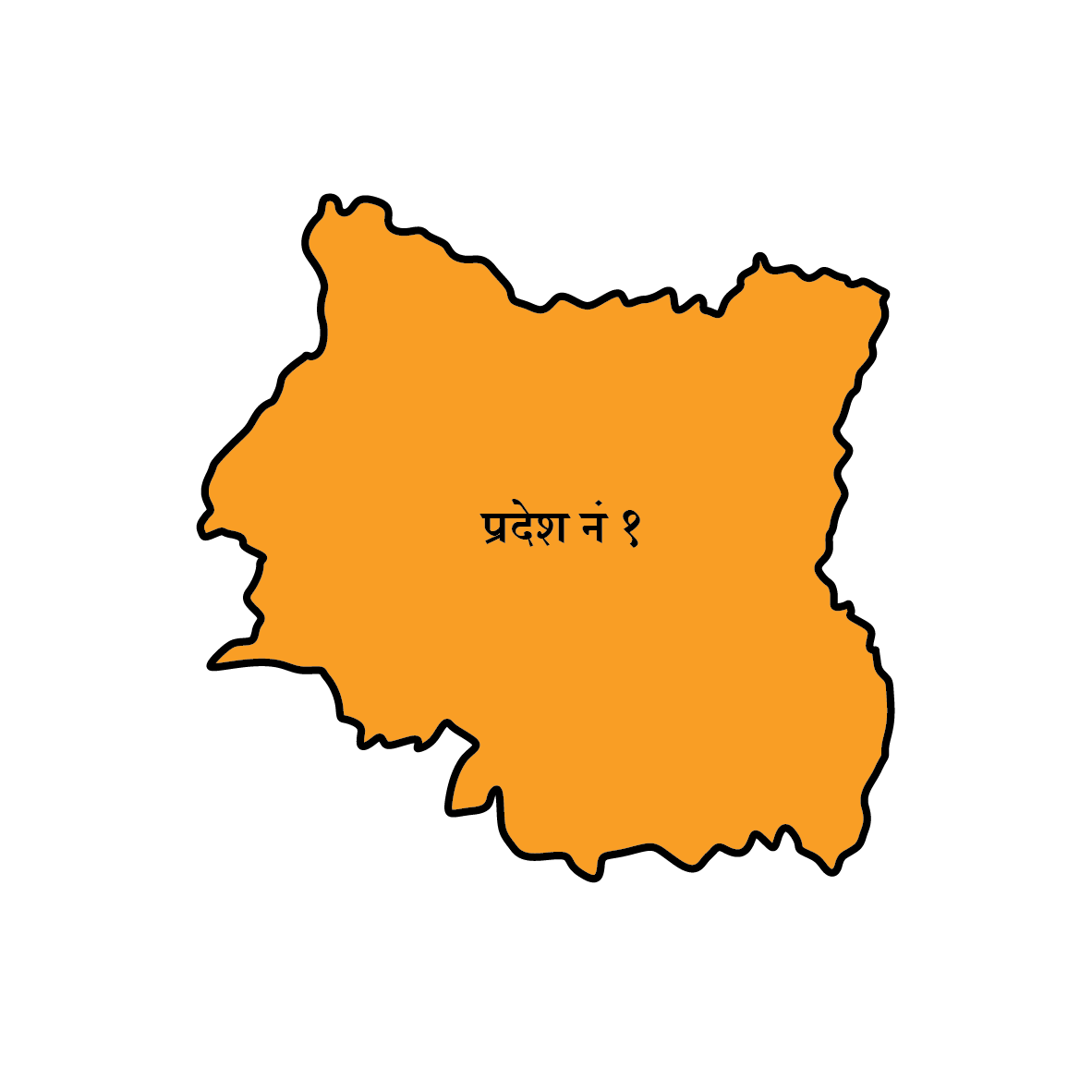 कोशी प्रदेश
कोशी प्रदेश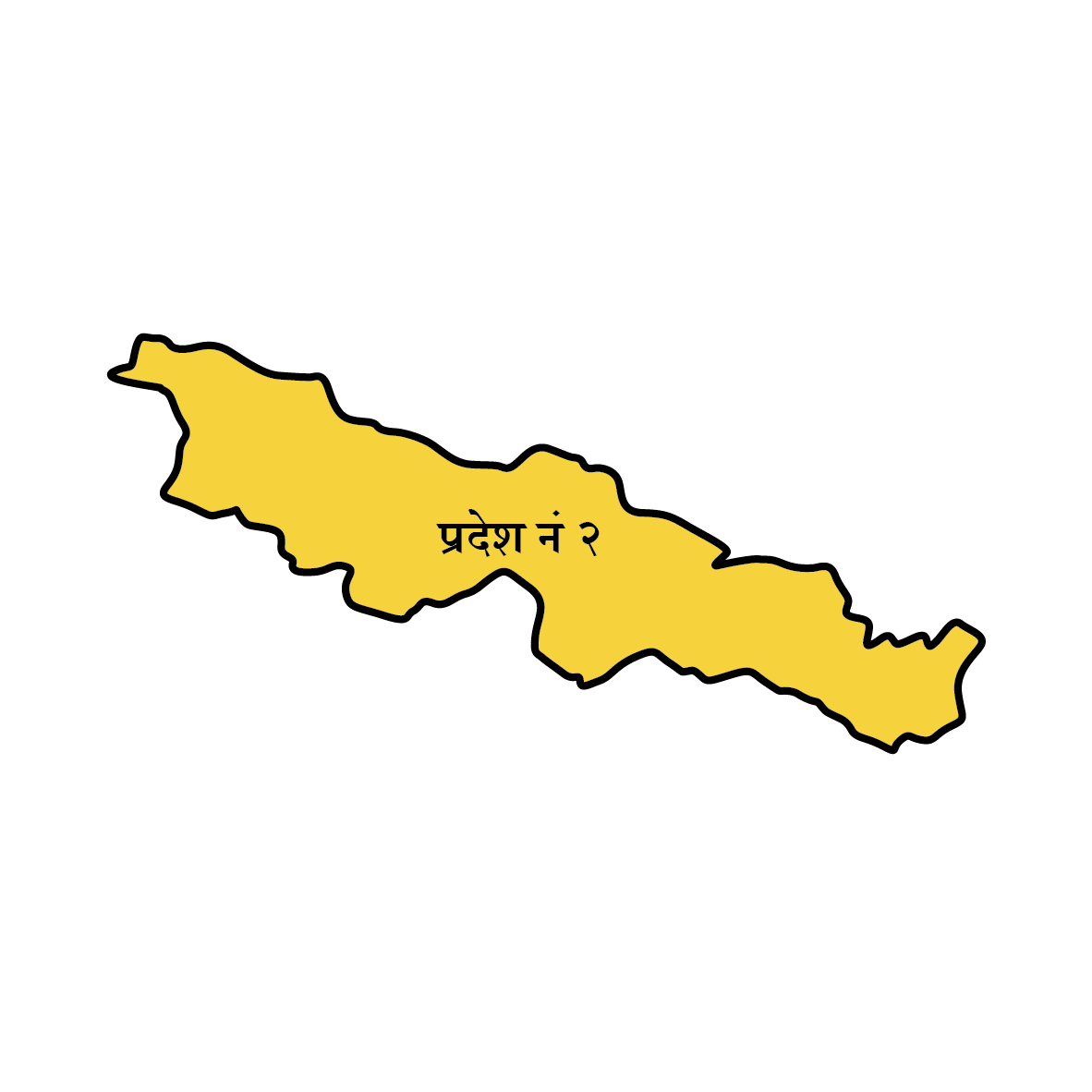 मधेश प्रदेश
मधेश प्रदेश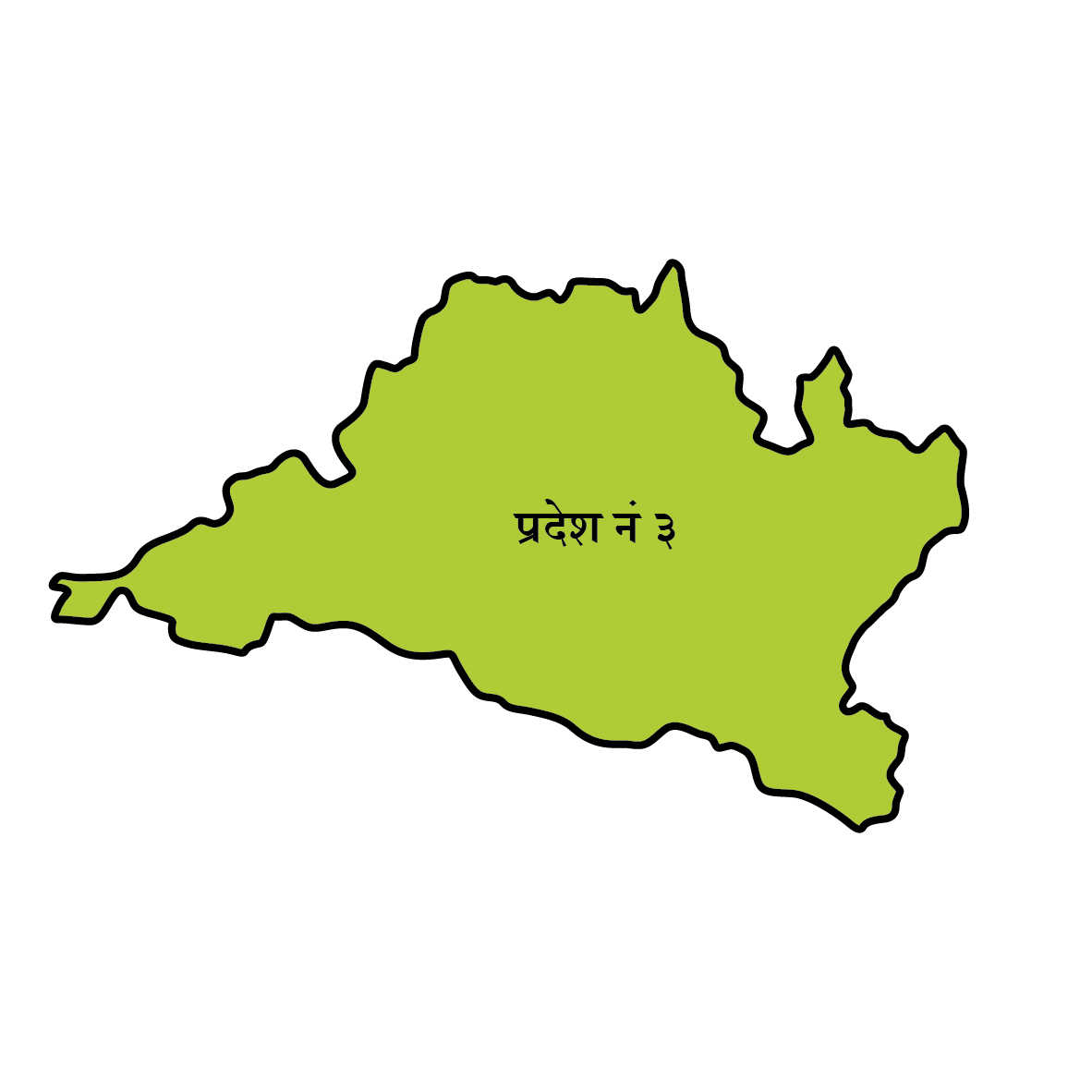 बागमती
बागमती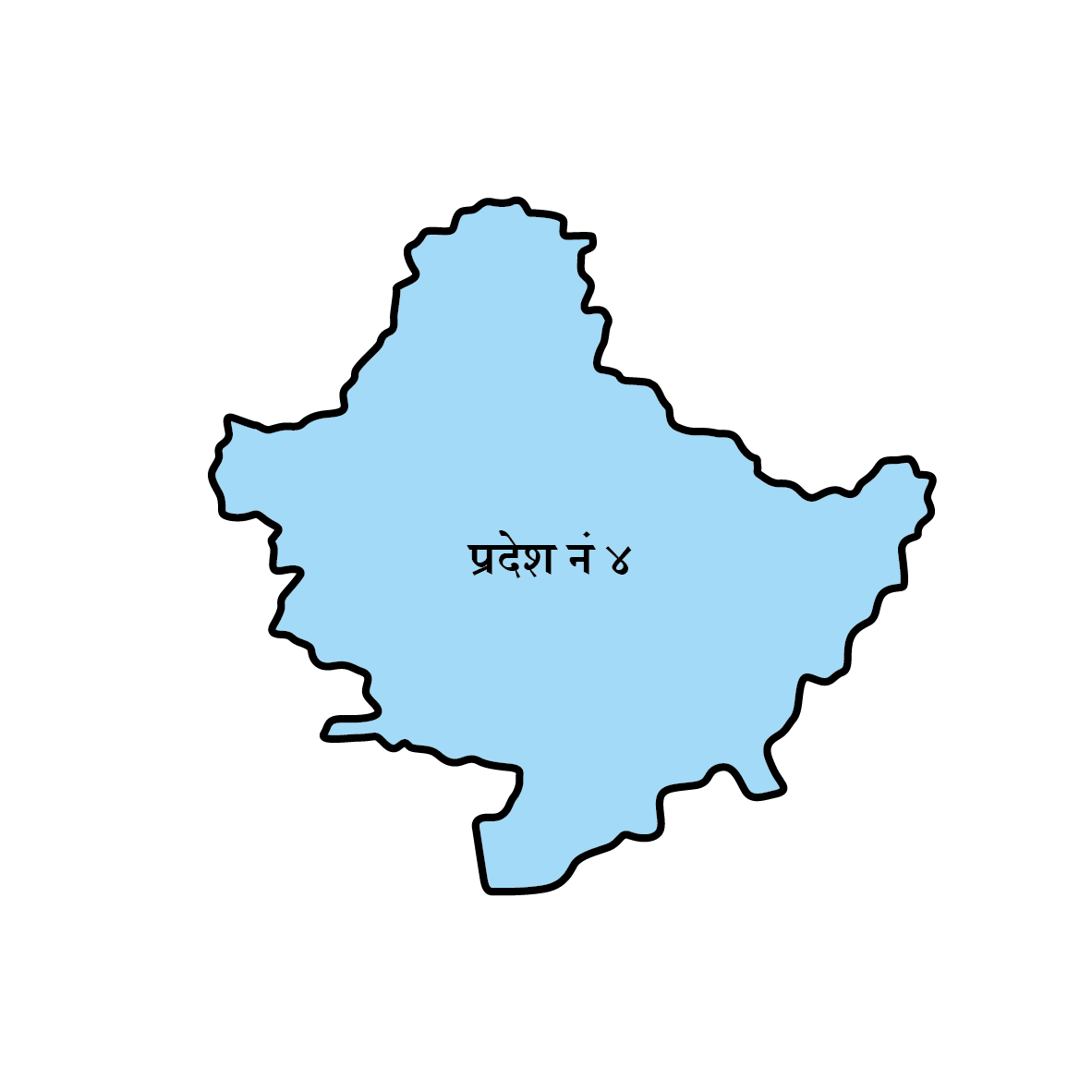 गण्डकी
गण्डकी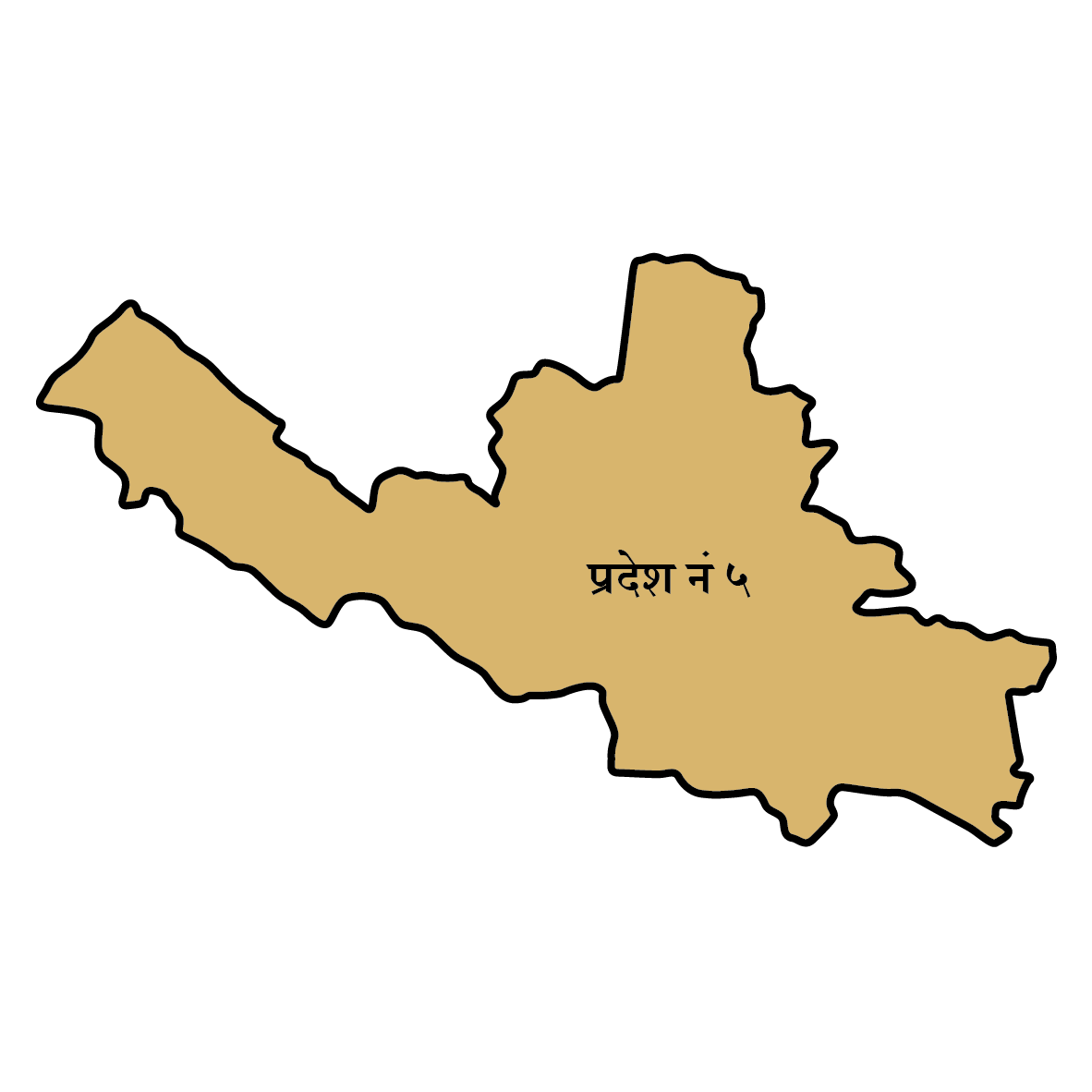 लुम्बिनी
लुम्बिनी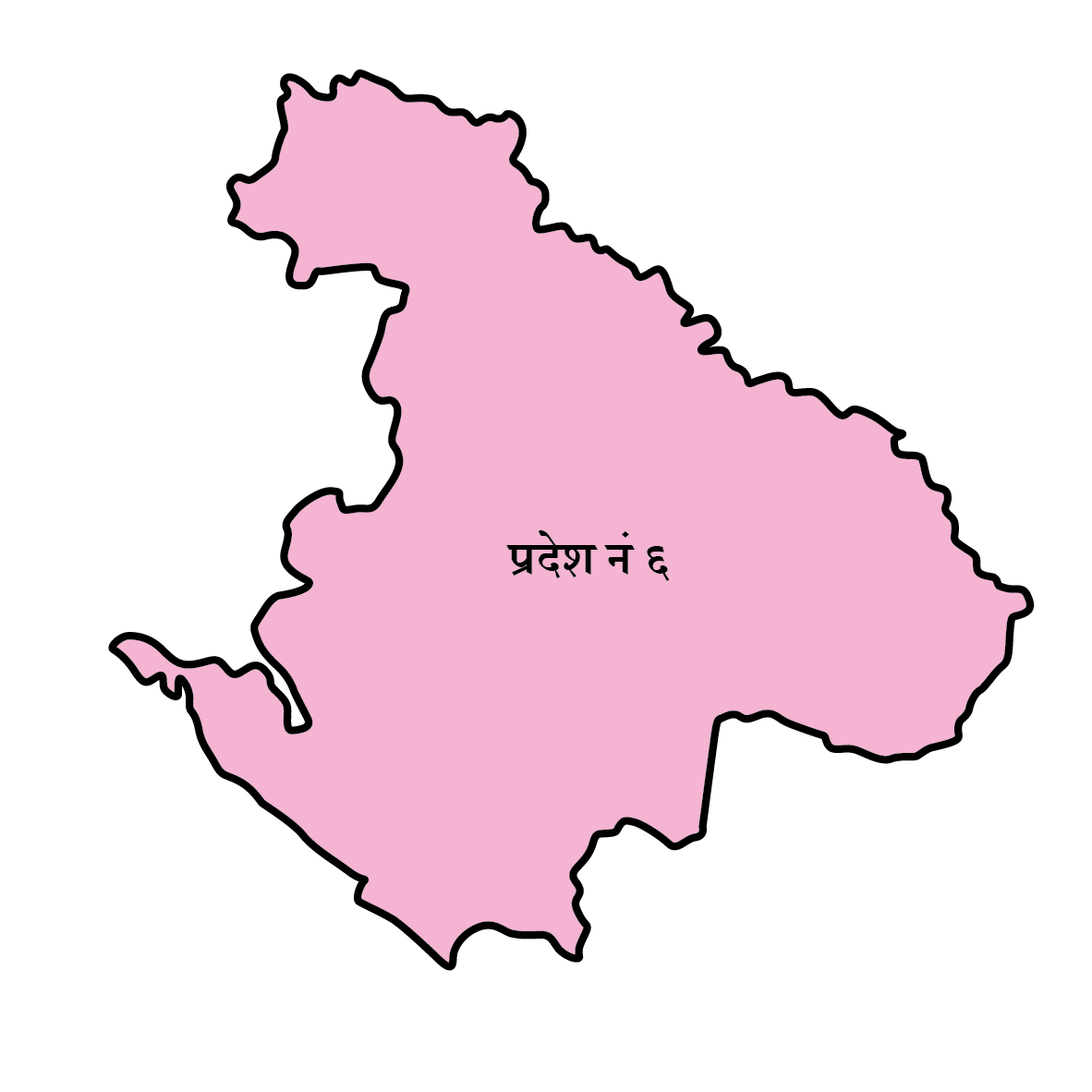 कर्णाली
कर्णाली 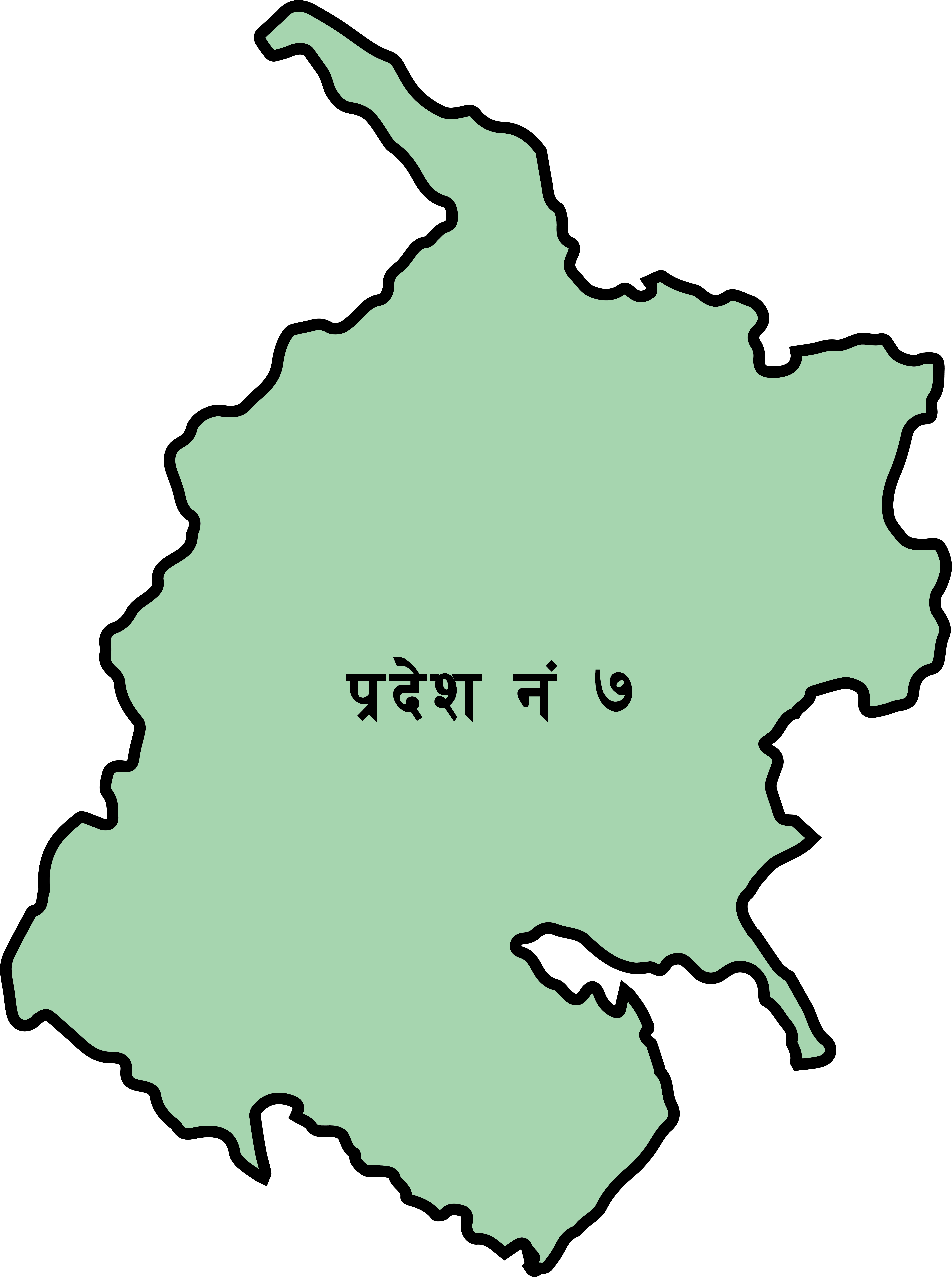 सुदूरपश्चिम
सुदूरपश्चिम
















